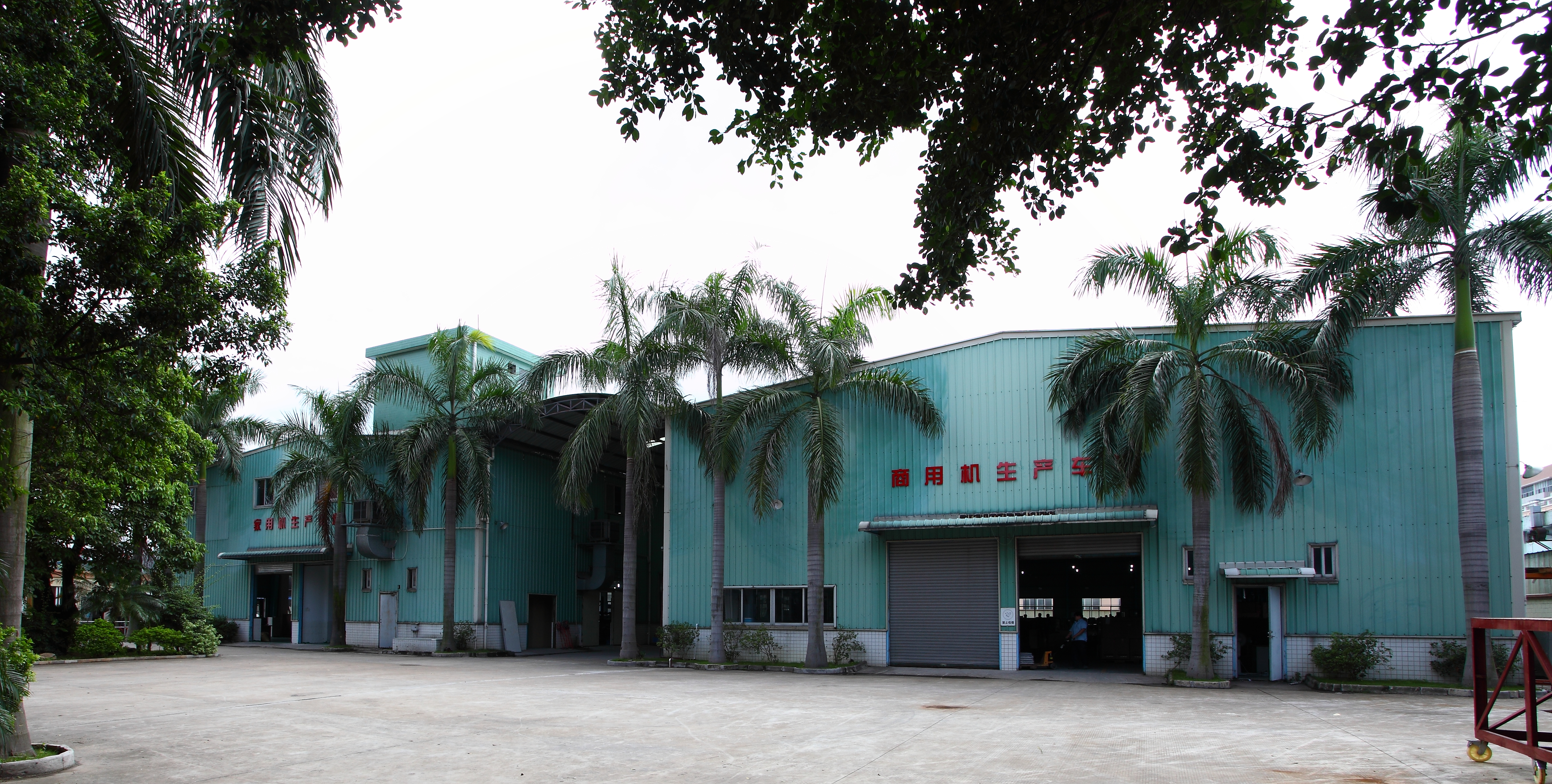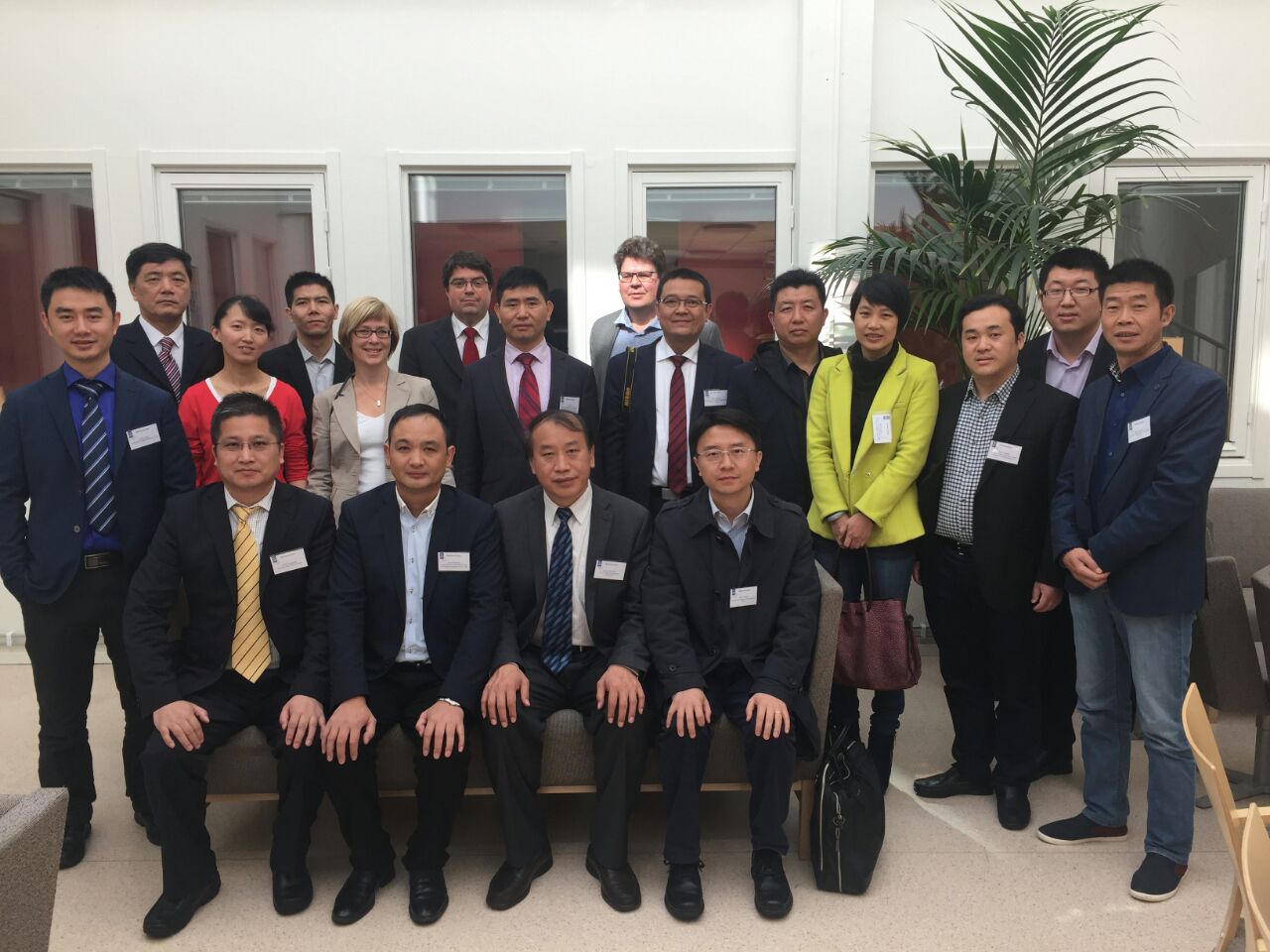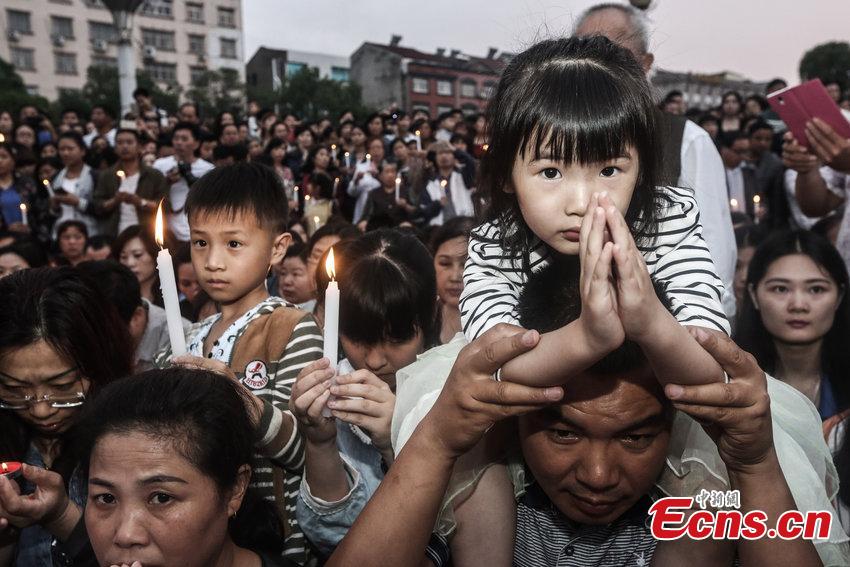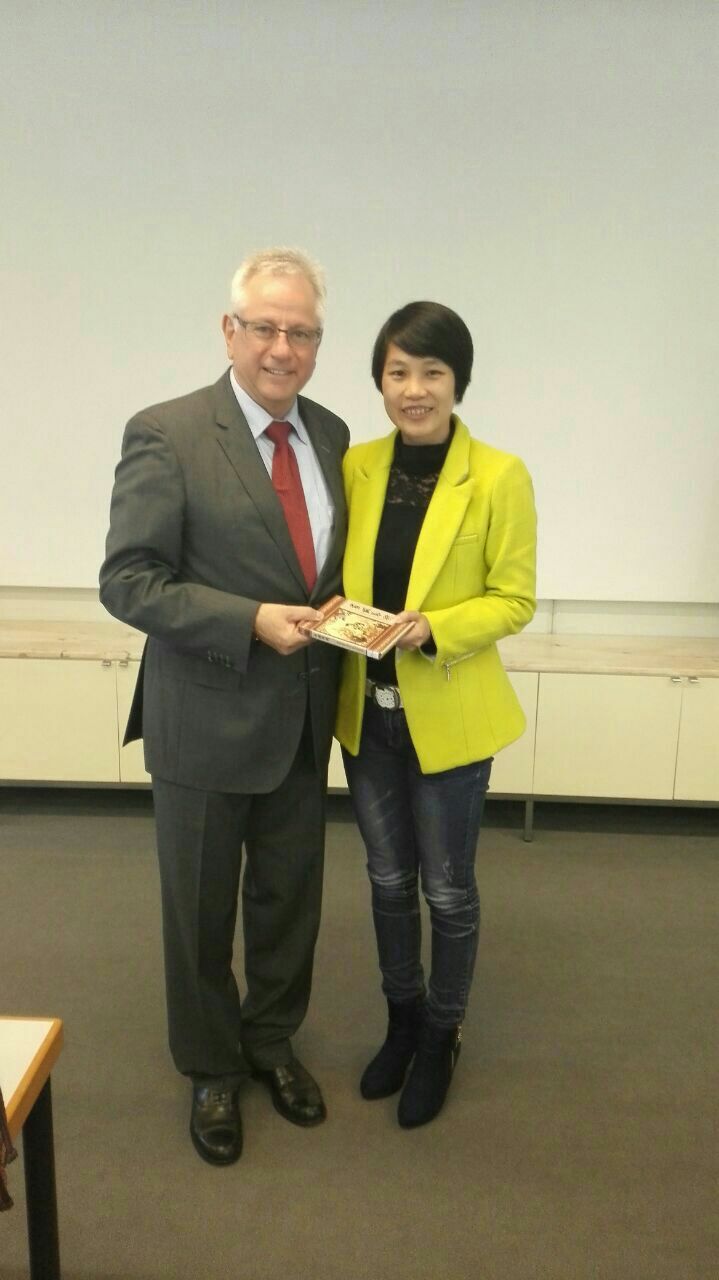Dragon Boat Festival of 2015 falls on June 20. The holiday in China starts from June 20 to 22, 2015.
The Dragon Boat Festival is one of great significance. It has been held annually for more than 2,000 years and is notable for its educational influence. The festival commemorates the patriotic poet Qu Yuan (340-278 BC), and also acts as a chance for Chinese people to build their bodies and dispel diseases.
Many traditional customs and activities are held on the specified day by people in China and even by some people in neighbouring countries. Among these customs are dragon boat racing, eating zongzi.
Dragon Boat Racing:
Dragon boats are thus named because the fore and stern of the boat is in a shape of traditional Chinese dragon. A team of people works the oars in a bid to reach the destination before the other teams. One team member sits at the front of the boat beating a drum in order to maintain morale and ensure that the rowers keep in time with one another. Legend holds that the race originates from the idea of the people who rowed their boats to save Qu yuan after he drowned himself in the river. It is said that the winning team will bring harvest and happy life to the people of their village.
Now, except the festival, SHENDE also hold dragon boat races in many communities. Japan, Vietnam, and Britain regard it as an important game as well. In the year of 1980, it was listed in the state sports competition program held every year.
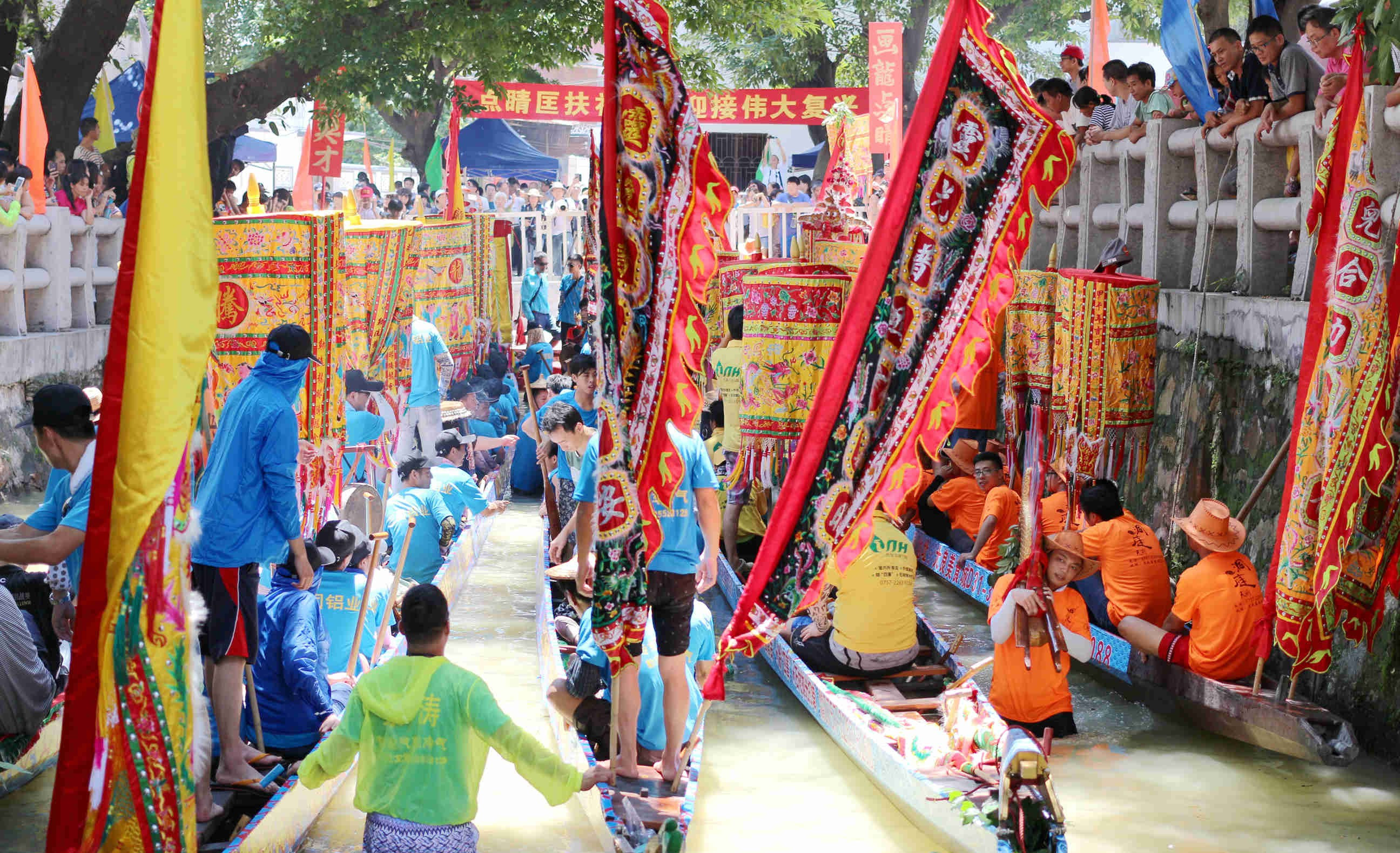
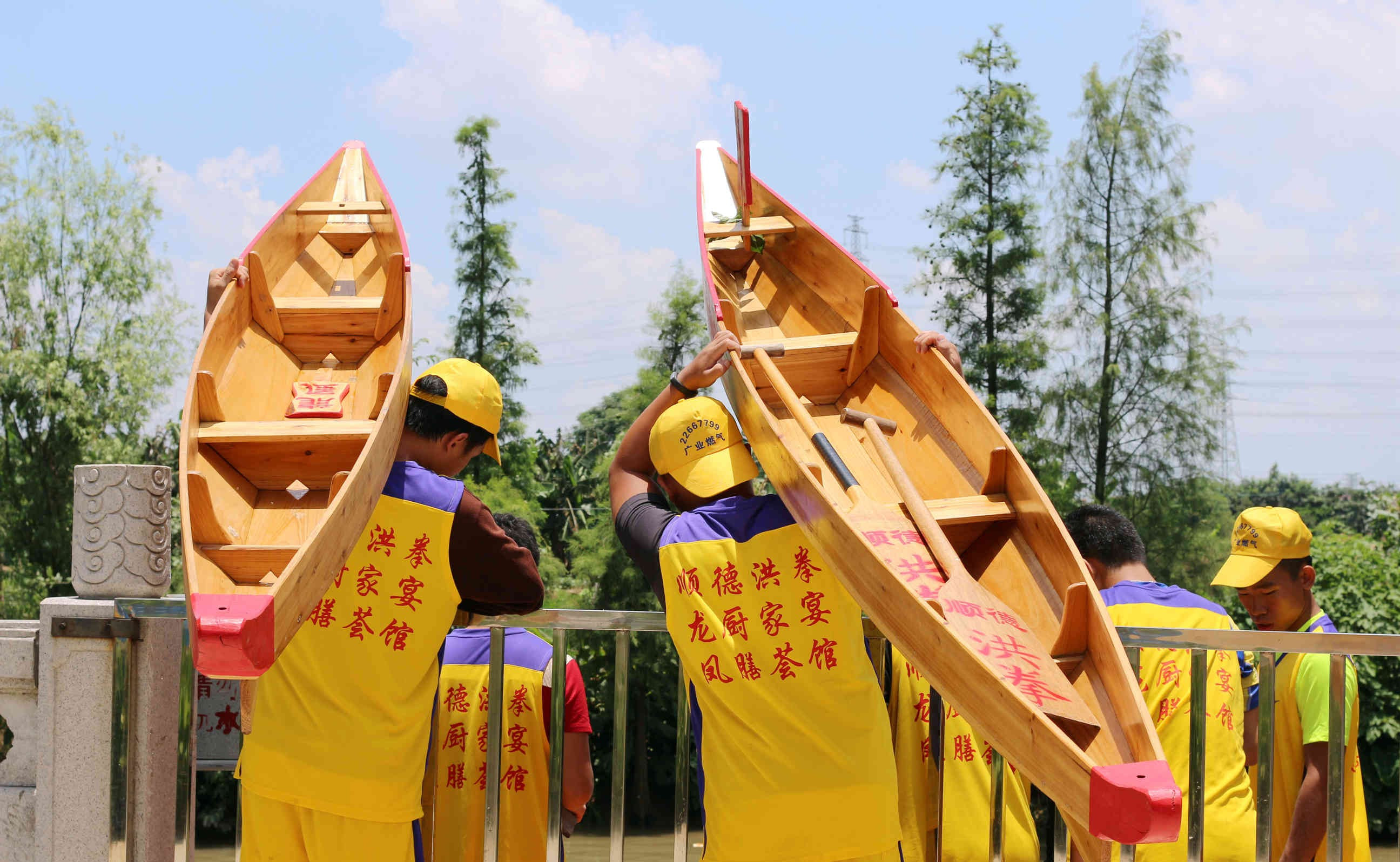
Eating Zongzi (pyramid-shaped glutinous rice wrapped in reed or bamboo leaves):
Most Chinese festivals include the eating of a particular food among their customs and the Dragon Boat Festival is no exception. Zongzi is the special food eaten here. Made with sticky rice, it has different shapes and various fillings. In the north part of the country, people favor the jujube as filling, while the south sweetened bean paste, fresh meat, or egg yolk. Many families make zongzi by themselves. When making it, soaking the glutinous rice, washing the reed or bamboo leaves and wrapping zongzi with leaves are the most important parts. Today, this custom prevails in China and other countries.





